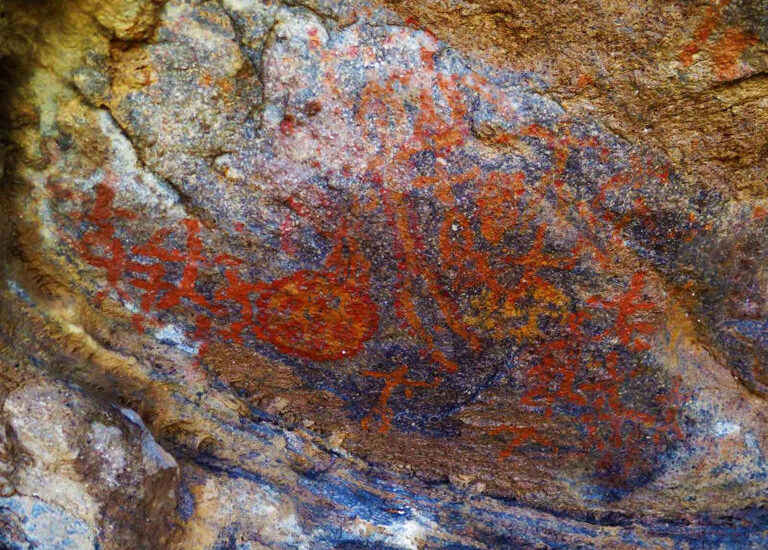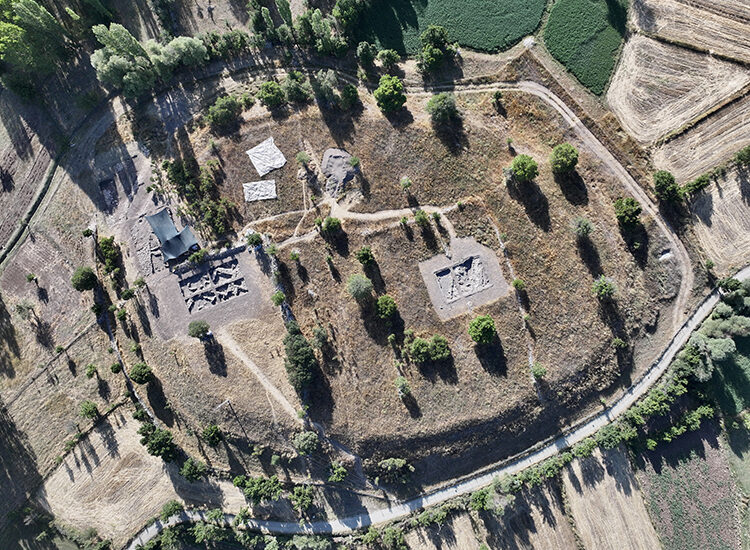
Before the Hittites: 8,000-Year-Old Rock Art Discovered in Central Anatolia
Archaeologists have discovered prehistoric rock engravings estimated to be around 8,000 years old in the Develi district of Kayseri, a region located in the heart of Central Anatolia. The discovery, now awaiting official registration, offers rare insight into one of the earliest symbolic traditions known in the region—long before the rise of the Hittite civilization.

8,000-Year-Old Life Traces Unearthed in Delikli Cave, Bitlis: From Prehistory to the Urartians
Archaeologists excavating Delikli Cave in Türkiye’s Bitlis Province have uncovered traces of human life dating back 8,000 years — including obsidian tools, handmade pottery, Urartian-era burials, and medieval building remains — revealing a rare continuum of settlement from prehistory through the Middle Ages. Perched about 60 meters above the current level of Lake Van in

4,500-Year-Old Mussel Shells Unearthed at İkiztepe: Clues to Bronze Age Cuisine and Trade in the Black Sea Region
Archaeological excavations at the İkiztepe Mound in Türkiye’s Samsun province, ongoing for over half a century, have uncovered Mediterranean mussel shells dating back to the 4th millennium BC. The discovery sheds light on ancient trade routes and Bronze Age dietary habits in northern Anatolia. A Half-Century of Excavations Revealing a Lost Settlement Situated in the

5300 Years of Life Traces: Settlement History from the Late Chalcolithic to the Bronze Age Revealed at Çaltılar Mound
Archaeological excavations at Çaltılar Mound (Çaltılar Höyük) in Türkiye’s Muğla province reveal a settlement history beginning on the edge of a marsh 5,300 years ago, later expanding into a fortified center through the Chalcolithic and Bronze Ages. The only mound excavation currently active in Muğla, Çaltılar Mound, is offering new insights into the region’s prehistoric
